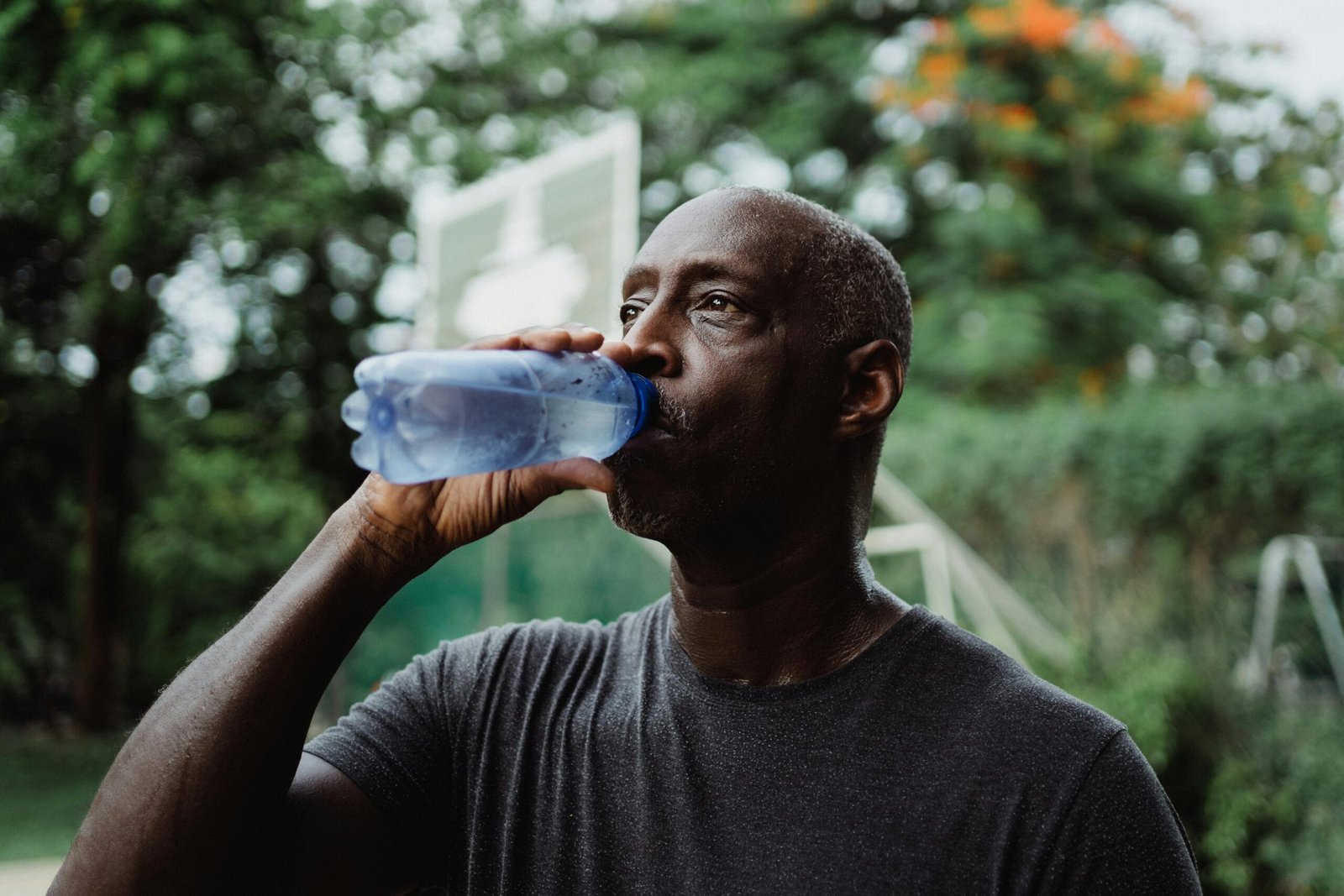Hydration is crucial for runners, yet it’s an aspect of training that is often overlooked. When I started my running journey, I was also unaware of the importance of hydration. But as I began to understand the science behind hydration for runners through extensive research and by listening to what experts suggest, it added a whole new level to my performance and my running journey. Whether you’re a seasoned marathoner or just beginning your running journey, understanding how to stay properly hydrated can significantly impact your performance and overall well-being. In this article, I will share the science and expert suggestions that have helped me throughout my journey. This guide will take you through the essentials of hydration, offering expert insights to ensure you’re always at your best.
Why Hydration Matters for Runners
Water plays a vital role in virtually every function of the body, from regulating temperature to delivering nutrients to cells. When you run, your body generates heat, and sweating is your body’s natural mechanism to cool down. However, sweating leads to fluid loss, which, if not replenished, can result in dehydration. Dehydration can cause a drop in performance, muscle cramps, dizziness, and in severe cases, heat exhaustion or heatstroke.
Expert Insight: Dr. John Martinez, a sports medicine physician, explains, “Even mild dehydration can affect a runner’s endurance and recovery. Maintaining proper hydration is essential not just for performance but for overall health and safety.”
How Much Water Do You Need?
The amount of water you need depends on several factors, including your body weight, the intensity of your run, the climate, and how much you sweat. A general guideline is to drink about half your body weight in ounces of water each day. For example, if you weigh 150 pounds, aim for 75 ounces of water daily. On days you run, you’ll need more.
Pre-Run Hydration:
- Start Hydrating Early: Begin hydrating the day before a long run. Drink plenty of water throughout the day.
- Morning Run Tip: If you’re running in the morning, drink 16–20 ounces of water or a sports drink an hour before you hit the pavement.
During Your Run:
- Short Runs (Under 60 Minutes): If you’re running for less than an hour, drinking water before and after your run is usually sufficient.
- Long Runs (Over 60 Minutes): For runs longer than an hour, consider carrying water or planning your route to include water stops. Aim to drink 7–10 ounces of water every 20 minutes.
Post-Run Hydration:
- Replenish Fluids: After your run, it’s crucial to replenish the fluids lost through sweat. A good rule of thumb is to drink 16–24 ounces of water for every pound lost during your run.
- Consider Electrolytes: If you’ve been sweating heavily or running in hot conditions, replace lost electrolytes with a sports drink or electrolyte tablets.
Signs of Dehydration to Watch For
Understanding your body’s signals is key to preventing dehydration. Here are some common signs:
- Thirst: If you’re thirsty, you’re already mildly dehydrated.
- Dark Urine: Light yellow or clear urine is a sign of good hydration; darker urine indicates dehydration.
- Fatigue: Feeling unusually tired or sluggish during your run can be a sign of dehydration.
- Dizziness or Lightheadedness: These are more severe signs of dehydration and should be taken seriously.
Expert Tip: Nancy Clark, RD, CSSD, a renowned sports nutritionist, advises, “Thirst is not always a reliable indicator of hydration status, especially during exercise. Athletes should have a hydration strategy that includes drinking fluids at regular intervals.” More information available here- Nancy Clark’s Sports Nutrition Guidebook
Hydration Strategies for Different Weather Conditions
Hot Weather Running:
- Increase Fluid Intake: In hot and humid conditions, your body sweats more, so you’ll need to drink more. Consider adding electrolyte tablets to your water to maintain your body’s sodium levels.
- Wear Light Clothing: Light, breathable clothing can help your body cool more effectively, reducing the amount of sweat you produce.
Cold Weather Running:
- Don’t Skip Hydration: You might not feel as thirsty in the cold, but your body still needs water. Cold air can be dehydrating, and you may not notice how much you’re sweating under layers of clothing.
- Warm Fluids: Consider drinking warm water or tea before your run to help maintain your core temperature.
Hydration Myths and Facts
Myth: You should only drink when you’re thirsty.
Fact: Thirst is not always a reliable indicator of hydration needs, especially during exercise. It’s better to drink at regular intervals rather than waiting until you’re thirsty.
Myth: You can’t overhydrate.
Fact: Overhydration, or hyponatremia, is a condition where the body’s sodium levels become dangerously low due to excessive water intake. It’s rare but can be serious. Balance is key—don’t drink too much or too little.
Practical Tips for Staying Hydrated
- Carry a Water Bottle: Having a water bottle with you at all times makes it easier to stay hydrated throughout the day.
- Set Reminders: If you often forget to drink water, set reminders on your phone or use an app to track your intake.
- Flavor Your Water: If plain water doesn’t appeal to you, try adding a slice of lemon, lime, or cucumber to make it more enjoyable.
Expert Advice: Dr. Stacy Sims, an exercise physiologist and nutrition scientist, suggests, “Hydration isn’t just about water; it’s about maintaining electrolyte balance, particularly for women who have different hydration needs than men.” You can find more information here- ROAR by Dr. Stacy Sims
Conclusion
Staying properly hydrated is essential for runners of all levels. By understanding your body’s hydration needs and following the tips and strategies outlined above, you can enhance your performance, reduce the risk of injury, and improve your overall well-being. Remember, hydration is not just about drinking water—it’s about creating a habit that supports your running goals and keeps you healthy.

